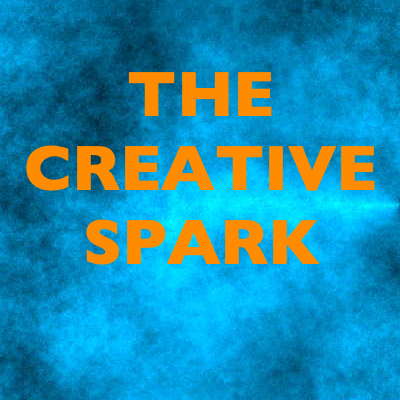- Romanos Melikian
- Tālivaldis Ķeniņš
- radio
- Philippines
- Schuman
- Richard Kanter
- Jerome Hynes
- Robert Sharpe
 VIDEO PODCAST: John Dante Prevedini leads a discussion about The Creative Spark, including contributions from Ryan Ash, Sean Neukom, Adrian Rumson, Stephen Francis Vasta, David Arditti, Halida Dinova and Andrew Arceci.
VIDEO PODCAST: John Dante Prevedini leads a discussion about The Creative Spark, including contributions from Ryan Ash, Sean Neukom, Adrian Rumson, Stephen Francis Vasta, David Arditti, Halida Dinova and Andrew Arceci.
 WORD SEARCH: Can you solve Allan Rae's classical music word search puzzles? We're currently publishing one per month.
WORD SEARCH: Can you solve Allan Rae's classical music word search puzzles? We're currently publishing one per month.
Ingvar Lidholm
Swedish composer Ingvar Lidholm was born in Jönköping on 24 February 1921, the youngest of four children who all made music at home, even though his parents weren't especially musical. Ingvar began to explore composition as a child, and rapidly developed his (various string instrument) performing and composing skills at school, and also while studying orchestration with Natanael Berg in Stockholm.
At university (Stockholm's Musikhögskolan) from 1940, he became friends with composers Sven-Erik Bäck and Karl-Birger Blomdahl, and they began meeting on Mondays, sometimes with other composers, forming what was later called the Måndagsgrup.
In 1946 and 1947 he studied abroad on a government Jenny Lind scholarship, and then from 1947 until 1956 he was musical director of the Örebro Orchestral Society, later writing the work Mutanza for this organisation.
His choral work Laudi, published in 1948 and the first of his works to be performed at the ISCM convocation in Brussels in 1950, was important, moving on from anything in a traditional Swedish choral style. He went on to contribute greatly to the original a cappella choral music of the second half of the 1950s.
In 1953 he studied in London briefly with Mátyás Seiber, and Lidholm's music began to be performed in Sweden and Germany.
From 1956 until 1964 he was head of the chamber music department at Swedish Radio, and set up the Nutida music ('Contemporary Music') periodical connected to the music series of the same name. During this period he began to be recognised internationally as a composer, and he also came into contact with electronic music for the first time, composing his first electronic work in 1959.
From 1963 there was a shift in his musical style as he abandoned serial composition and began to use graphic notation.
From 1965 until 1975, as professor of composition at the Musikhogskola, his teaching schedule claimed time, and he only produced four new works during this period, but he began exploring the medium of opera, and in 1967, Holländarn ('The Dutchman'), an opera for TV with electronic tape, reworking an unfinished August Strindberg drama, was first performed, and won opera prizes in Florence and Salzburg the following year. Much later he composed a second opera, Ett drömspel (1992), based on Strindberg's A Dream Play.
Ingvar Lidholm, one of the pioneers of the Swedish art music world, died on 17 October 2017, aged ninety-six.

